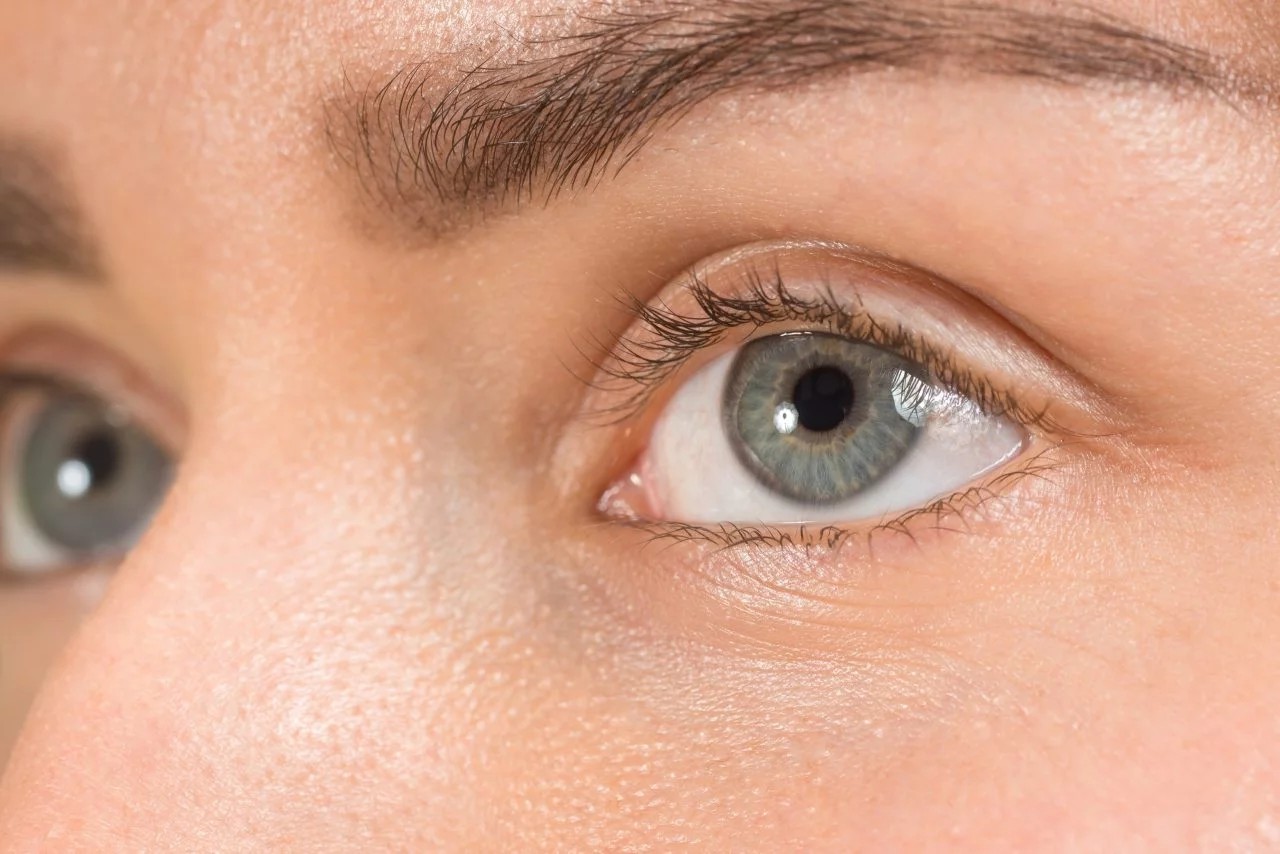Why is my right eye twitching? Eye twitching, or eyelid myokymia, is a common experience characterized by involuntary spasms of the eyelid muscles. While often harmless and temporary, persistent twitching can be bothersome and may indicate an underlying medical condition. This article explores the potential causes of right eye twitching, ranging from simple lifestyle factors to more serious neurological disorders, and discusses available treatment options.
Common Causes of Eye Twitching:
Lifestyle Factors and Eye Twitching
Often, a twitching right eye is attributed to simple lifestyle factors that can be easily addressed:
- Stress and Fatigue: Stressful situations and lack of sleep can disrupt the nervous system, potentially triggering eye twitching.
- Caffeine and Alcohol: Excessive consumption of caffeine or alcohol can stimulate the nervous system and increase the likelihood of muscle spasms.
- Eye Strain: Prolonged screen time, reading in poor light, or uncorrected vision problems can strain the eye muscles, contributing to twitching.
- Nutritional Deficiencies: Inadequate intake of certain nutrients, such as magnesium, can sometimes lead to muscle twitching.
Underlying Medical Conditions
While most cases of eye twitching are benign, persistent or severe twitching can be a symptom of underlying medical conditions:
- Benign Essential Blepharospasm: This condition causes chronic and progressive eye twitching, potentially leading to forceful eyelid closure and functional blindness.
- Hemifacial Spasm: A neurological disorder characterized by involuntary twitching on one side of the face, often starting with the eye.
Diagnosing the Cause of Eye Twitching
Determining the underlying cause of right eye twitching involves a thorough evaluation:
- Medical History: A doctor will inquire about the frequency, duration, and severity of the twitching, as well as any other associated symptoms.
- Physical Examination: A neurological examination will assess muscle function and rule out other potential causes.
- Further Investigations: In some cases, imaging studies or specialized tests may be necessary to confirm a diagnosis.
Treatment Options for Eye Twitching
Treatment for right eye twitching depends on the underlying cause:
- Lifestyle Modifications: Addressing stress, ensuring adequate sleep, reducing caffeine and alcohol intake, and practicing good eye hygiene can often alleviate symptoms.
- Medications: In some cases, medications such as muscle relaxants or Botox injections may be prescribed to reduce muscle spasms.
- Botulinum Toxin (Botox) Injections: Botox injections can effectively alleviate symptoms by temporarily paralyzing the affected muscles. Results typically last for several months.
- Surgery: In rare cases of severe blepharospasm, surgical procedures may be considered to remove or weaken the muscles responsible for eyelid closure.
When to Seek Medical Attention
While occasional eye twitching is usually not a cause for concern, it’s important to consult a doctor if:
- Twitching is persistent and doesn’t improve with lifestyle changes.
- Twitching is accompanied by other symptoms, such as eye pain, redness, swelling, or discharge.
- The eyelid closes completely or significantly interferes with vision.
- Twitching spreads to other parts of the face.
Conclusion
Understanding the potential causes and treatment options for right eye twitching can help individuals manage this often bothersome condition. While lifestyle modifications are often sufficient for mild cases, seeking professional medical advice is crucial for persistent or severe twitching to ensure accurate diagnosis and appropriate treatment.
For expert diagnosis and personalized treatment options for persistent eye twitching, contact the Ezra Clinic today.

